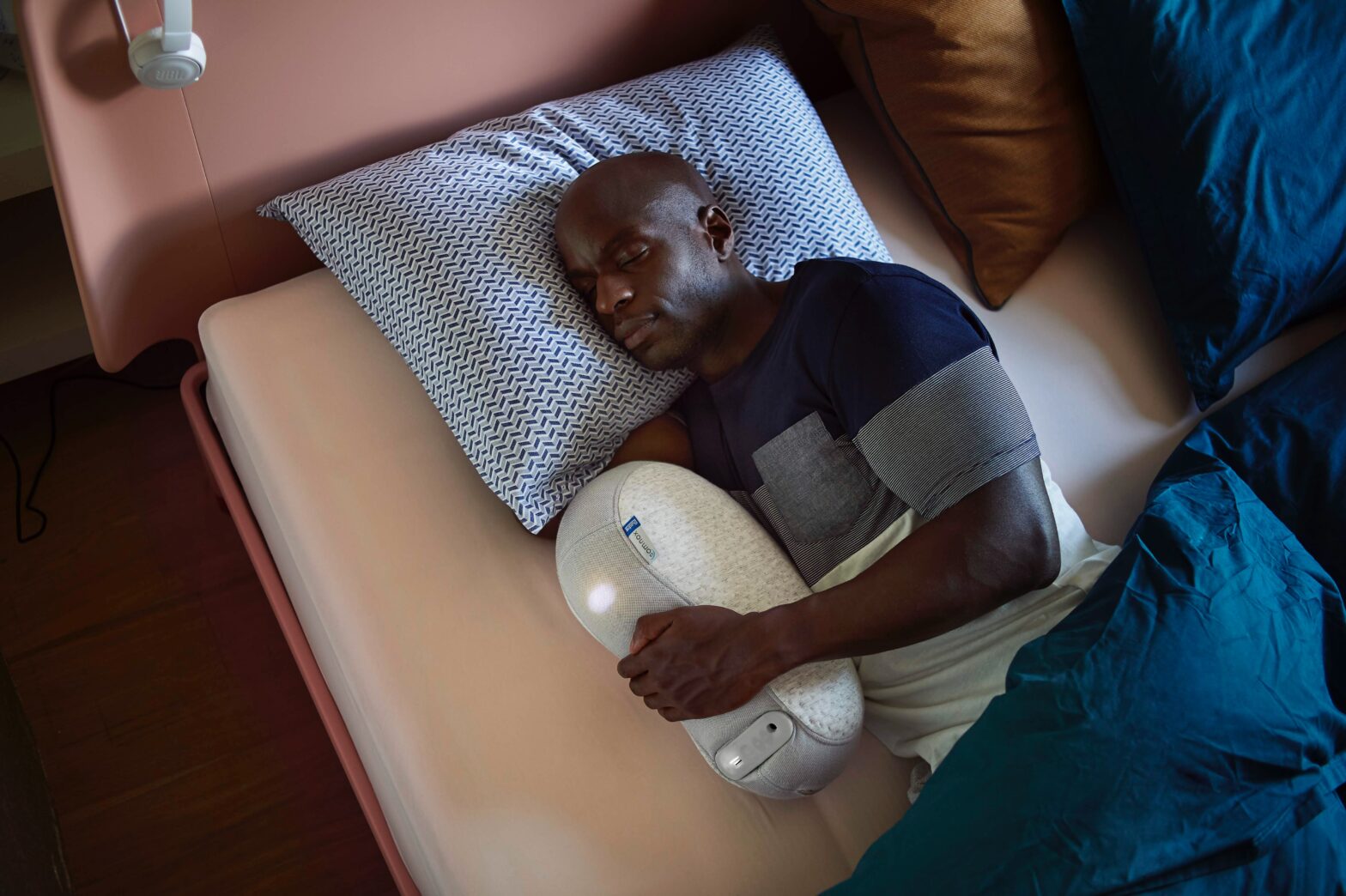If there’s one thing that doesn’t get talked enough about in the travel space, it’s exhaustion. Planning a trip, being on the trip, and returning home can be tiring. Whether you’re traveling alone or with a group, it’s easy to bite off more than you can chew. There’s so much to do, but are you allocating enough time for rest?
Here’s what can happen when you don’t get enough sleep during your travels.
Can Exhaustion Be Deadly?
Yes.
There are countless benefits that come with physical activity, but you need sufficient rest. On the mild end of the sleep deprivation spectrum, you’ll experience poor concentration and irritability. On the extreme side, there’s the chance of hallucinations, paranoia, and, if the fatigue is prolonged, death.
Doing A Road Trip? Make Sure You’re Well Rested
If you live in the United States, there are some beautiful sites for a road trip. For these long-haul journeys, the last thing you want to do is nod off at the wheel.
According to The Huffington Post, “Driving in the early morning isn’t a great idea, but that afternoon slump period isn’t either.” Science can explain this. During these periods, your circadian rhythm (or internal body clock) dips.
Sleep expert Jeff Kahn said, “Your circadian energy dips will happen regardless if you had enough sleep or not. But sleep deprivation will make you feel drowsier at these times than you otherwise would.”
The more obvious signs of fatigue behind the wheel are yawning, eye-rubbing, and bobbing your head.
If you’re driving in a foreign country, where the roads are unfamiliar, being alert is imperative. It’s best to have at least one other person in the car, in the event you are too tired to continue driving.
Balance Your Vacation Activities With Rest
Because you have a limited amount of time when you travel, you want to do as many things as possible. It’s only natural.
The average adult needs 7-9 hours of sleep, but make sure they are quality hours, not junk hours.
Junk hours refers to not sleeping straight through the night, or getting up frequently. You’ll know you haven’t gotten quality sleep if you wake up fatigued in the morning. One way to make up for insufficient sleep is to take power naps.
Alcohol and Drugs Can Induce Fatigue
Having a glass of wine or something stronger on vacation is nothing unusual. However, too much drinking can impair cognitive function and make you tired.
Certain medications, like antihistamines or benzodiazepines, can bring on similar effects.
One sleep expert, Susan Miller, told The Huffington Post, “Even small amounts of alcohol and certain drugs can cause drowsiness, poor coordination, and slower reaction times.”
Be Sure To Reset When You’ve Returned Home
When your vacation is over, it’s back to the grind. If you can make the transition back to real life gradually, your body will thank you for it.
If you’re jumping around between time zones, see if you can take off an additional day or two so your body clock can reset.





